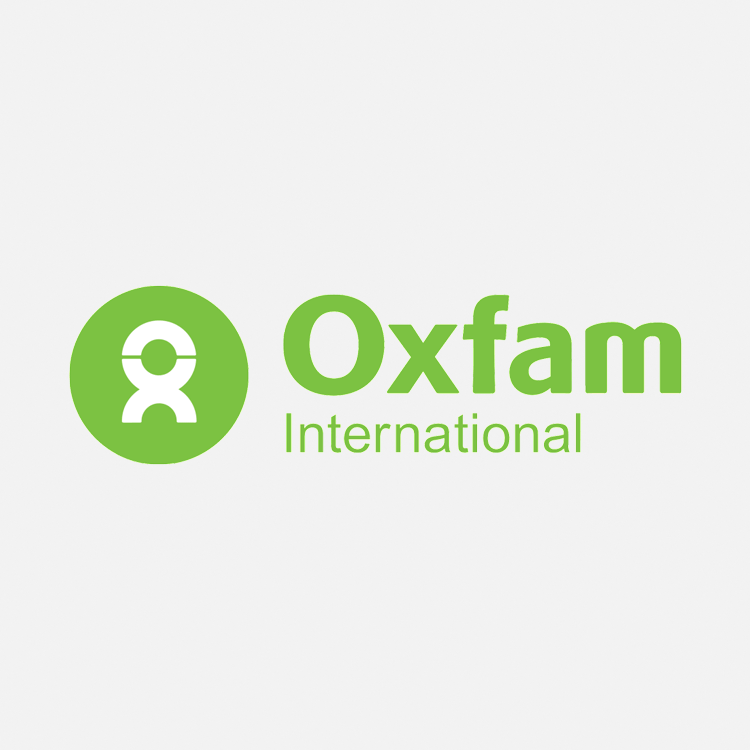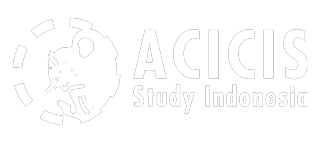
About Oxfam
Oxfam GB is a leading aid and development and campaigning charity with a worldwide reputation for excellence and over 70 years of global experience. Oxfam GB envisions an Indonesia where women are equal citizens and everyone can enjoy their rights even in times of shocks and disaster.
Oxfam GB works through partners of all kinds (CBOs, CSOs, government at all levels, private sector at all levels), and sometimes directly with communities in the following sectors: gender in particular women’s empowerment, governance, reducing vulnerability and building resilience. This encompasses work on food security and livelihoods, natural resource management and climate change, mainstreaming approaches on disaster risk reduction and climate change adaptation. Humanitarian response and preparedness are a vital program component, with a continued emphasis on the transferring of skills and knowledge and building government and partner capacity. In this sector of work, Oxfam GB focuses on public health (water and sanitation), and emergency food security and livelihoods allowing us to constantly link into longer term work on promoting sustainable livelihoods for the poorest and disaster-affected.
Oxfam promotes gender equality in all programs by focusing on empowering women to realize their rights. Its goal in Indonesia is that by 2015, an integrated Oxfam program, with a strong voice based on its collaboration with an extensive network of partners, will have made lasting changes in the lives of 20 million poor and vulnerable people by influencing changes in policy and practice amongst the most influential decision makers in the country. Oxfam GB’s three core objectives are intrinsically linked to each other, however, it regards the first objective as ‘first amongst equals’:
Empowering women to realize their rights.
The poorest Indonesian women will be better able to realize their rights, including access to essential services, resources, voice and influence. We know that when women can access and enjoy their rights, that their immediate and wider communities benefit exponentially This entails providing women with the information, confidence and opportunities to engage decisively in the fundamental processes which affect their lives and those of their families and communities. We want to create ‘islands of success and good practice’ in decentralized Indonesia to prove this point, to empower women and to link and network them to other areas/groups to achieve similar effects. Our program work in Papua, to empower women to engage with and benefit from the local government’s development plans, will provide us with an effective model.
Influencing power holders to reduce inequality and poverty.
Key power holders (including government and national and local level, economic and other elites) in Indonesia will have started changing their attitudes and practices in ways which reduce inequality and poverty, and which can be communicated as models and best practice across the country, in the region and beyond.
Our program will increasingly focus on this ‘policy advocacy’ approach to making change happen. We will base all of our work on power analysis and rights analysis, allowing us to identify key targets whose behaviour change will have the greatest impact on reducing inequality and poverty. We will mobilise community groups to support our campaigns where this will be effective in making change happen. Our program work on the ground will inspire and inform this work. Engagement with the media, targeted multinationals present in Indonesia and the domestic private sector will identify ways in which their strategies and practices can be adapted to the benefit of the poor and used as models. We will continue to research and pilot ways of channelling the voice, energy and resources of the middle classes to become more proactive citizens on poverty and inequality issues.
Building resilience to shock and disaster.
Indonesians, in particular the poorest and most vulnerable will be better able to cope with a range of shocks, including economic and related shocks, man-made and natural disasters, and the negative impacts of climate change through their own capacities and through the support and services available them in their immediate and wider communities.
We will mainstream disaster risk reduction as an approach to all our work, including risk and hazard mapping as a core basic activity alongside power and rights analysis. We will build our understanding of how climate change impacts poor communities in the locations where we work and use that to change and adapt our own practices such that we can promote policies at provincial, national and global level which support pro-poor climate change adaptation strategies. We will work to reduce vulnerability in communities where displaced people have resettled so they can live peacefully with their neighbours, realise their rights and benefit from development activities. We will ensure that policy makers understand the impact of different kinds of shocks on poor people’s livelihoods. Understanding shocks includes relating them to existing structural or systemic weaknesses (like poor government planning, budgeting or coordination, problems with market access,). We will continue our work in building the capacity of all kinds of partners (not just government and CSOs, but educational institutions and the private sector) to prepare for and respond to the inevitable disasters which will befall Indonesia.
Oxfam GB currently runs programmes throughout Indonesia but particularly focusing on Eastern Indonesia, including Aceh, East Nusa Tenggara, West Nusa Tenggara, Maluku, Sulawesi, and Papua.
Requirements
An independent worker with a background which combines an understanding of development and humanitarian work with a strong focus on women’s studies, gender and rights based approaches would suit the Oxfam office. Some experience in Monitoring and Evaluation (M&E) would be a great advantage.
Intern Duties (Example)
There are two areas the intern could focus on: 1) M&E Learning- needs a certain number of yearly reviews, ideally the intern could focus on coordinating and running on of these learning reviews. 2) Learning Program from Aceh- researching lessons learned, developing concept papers/powerpoints for key agencies on findings, lessons learned and M&E from Oxfam’s largest ever humanitarian response.
Work Hours
To be confirmed.
Location
Jl. Taman Margasatwa No 26 Ragunan
Jakarta Selatan, 12550 Indonesia
